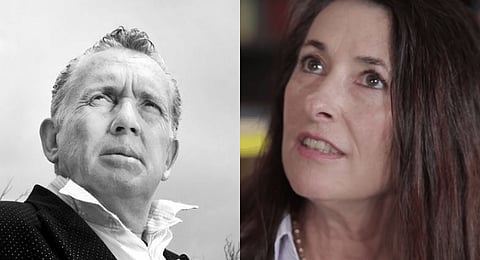The Editor’s Desk: Chris Steyn, Brexit & the tale of Lincoln City
DUBLIN — Lost Boys of Bird Island co-author Chris Steyn has been under fire since publishing her explosive book. This week, Steyn was driven to take a polygraph test to defend herself from accusations that she fabricated the story. The furor is reminiscent of the anger surrounding Pieter-Louis Myburgh's Gangster State – those named in Myburgh's book and their supporters have responded with similar anger. But the work of exposing wrongdoing needs to be done, no matter how many feathers are ruffled. In this week's show, Alec Hogg talks about why he thinks Steyn is getting such pushback. Alec and I talk about tariffs in South Africa and the UK, and how they may be causing a lot of unintended consequences. Alec also shares the uplifting story of Lincoln City, a UK football club on the rise thanks to South African investors. – Felicity Duncan
Hello and welcome to this week's episode of The Editor's Desk here on Biznews Radio. I'm Felicity Duncan. And with me on the line is Alec Hogg. Alec, we are doing this a little late. We usually chat on a Saturday and today is Sunday, but the reason is something quite exciting. You spent the day yesterday exploring the really fascinating tale of a football club known as Lincoln City. Do you want to tell us a bit about that?
___STEADY_PAYWALL___

